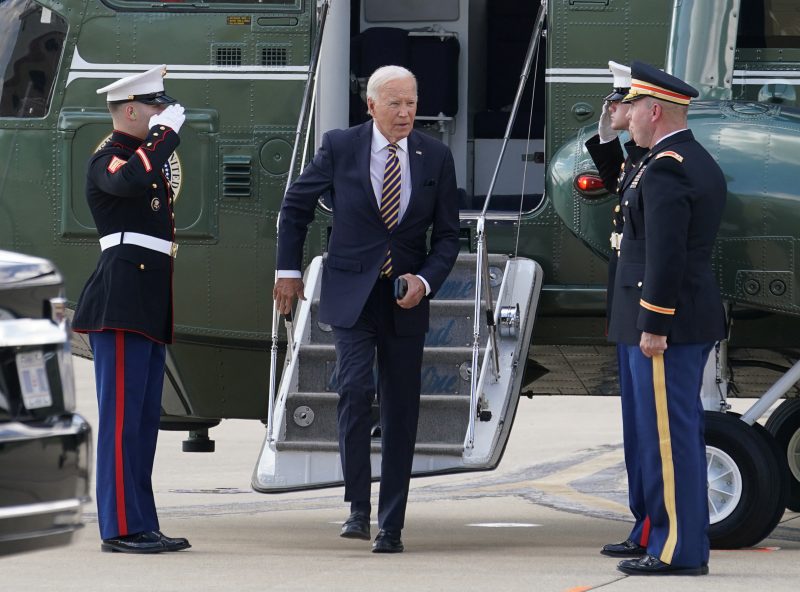The ongoing tension in the Middle East has once again come into sharp focus, as world leaders gather for what many are calling President Biden’s last significant United Nations meeting. Amid the backdrop of numerous regional conflicts and diplomatic challenges, the weight of responsibility on the United States to navigate these turbulent waters is more significant than ever before.
One key issue is the fragile state of the Iran nuclear deal, formally known as the Joint Comprehensive Plan of Action (JCPOA). The deal, which aimed to curb Iran’s nuclear ambitions in exchange for sanctions relief, has been a point of contention among global powers since the US withdrew unilaterally in 2018. While President Biden has expressed willingness to rejoin the agreement, Iran’s recent advancements in its nuclear program have complicated the situation, prompting calls for a renegotiation of the terms.
The conflict between Israel and Palestine also continues to simmer, with recent outbreaks of violence serving as a stark reminder of the deep-seated animosities and unresolved issues in the region. The Biden administration has expressed its commitment to promoting a two-state solution, but progress has been slow, and the challenges posed by hardline elements on both sides remain significant.
In addition to these long-standing conflicts, the situation in Afghanistan has further exacerbated tensions in the Middle East. The chaotic US withdrawal from the country and the subsequent Taliban takeover have raised concerns about the potential for increased instability and the resurgence of terrorist groups in the region. The UN Security Council has been grappling with how best to respond to these developments, with calls for humanitarian aid and efforts to prevent a humanitarian crisis in Afghanistan.
Another pressing issue is the evolving dynamics in Syria, where the civil war has dragged on for more than a decade, resulting in immense human suffering and displacement. The international community has struggled to find a lasting resolution to the conflict, with competing interests and alliances further complicating the situation. The Biden administration’s approach to Syria has been cautious, focusing on diplomatic efforts and providing humanitarian aid to alleviate the suffering of the civilian population.
As world leaders gather for the United Nations meeting, the spotlight will undoubtedly be on President Biden and his administration’s approach to the myriad challenges facing the Middle East. The region remains a powder keg of competing interests, historical grievances, and unresolved conflicts that threaten to destabilize not only the region but the entire global order. The need for diplomatic engagement, peaceful resolutions, and multilateral cooperation has never been more pressing, as the stakes for peace and stability in the Middle East have never been higher.

